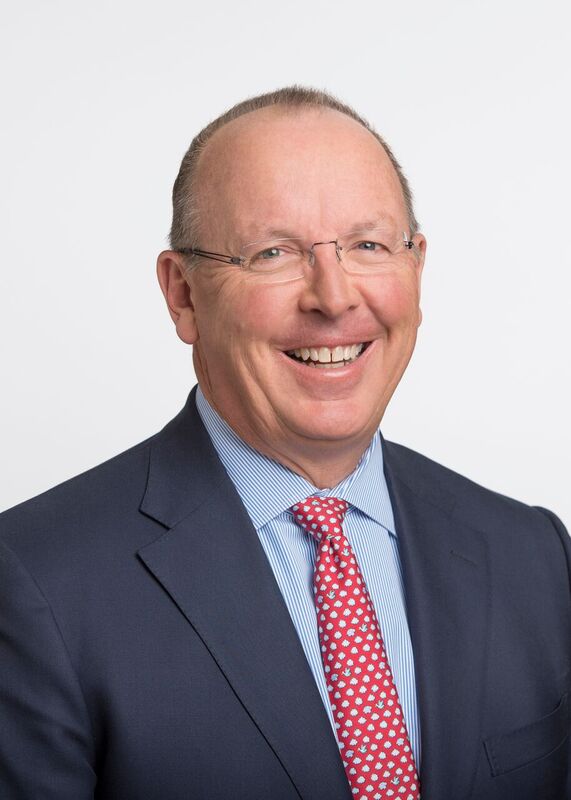
Scott Wylie is Founder, Chairman and CEO of First Western Financial, Inc. Mr. Wylie leads a great team of professionals at First Western Financial and First Western Trust. Before that, he served as Chairman and CEO of Northern Trust Bank of Colorado after having sold his prior institution, Trust Bank of Colorado, to Northern in 1998.
Prior to that, he led the acquisition of Equitable Bankshares of Colorado, a Denver-based bank holding company with two subsidiary banks, now known as Colorado Business Bank. In 1987, he started his first bank as a subsidiary of the First Boston Corporation. He later led a management buyout and renamed it the Bank and Trust of Puerto Rico.
Mr. Wylie received a Master of Business Administration from Harvard Graduate School of Business and a Master of Arts in economic development from the School of International Service at American University.
In this 3,006 word interview, exclusive to the Wall Street Transcript, Mr. Wylie details what it takes to start up a successful bank in the United States.
“I had sold my previous bank to Northern Trust and was running the Rocky Mountain region for Northern. I saw a real opportunity then to create a private bank and trust company that was focused on Western wealth management clients. The clients here in the West are different than those from the traditional East Coast or Midwest clients because the economies there are older and tend to have more intergenerational wealth.
The West represents younger economies with first-generation wealth, so we thought there was an opportunity to create a kind of new-generation private bank and trust company to serve that newer generation of Western wealth.”
This focus on asset management has contributed to a more stable revenue flow for the bank:
“The big difference for First Western’s financials compared to other financial institutions like ours is the fee business. About half of our revenues are from the fee business, and most of that is recurring business from the trust and investment management business, which has $5.6 billion in assets under management.
A lot of folks today are worried about what is going to happen with net interest income, so that is a concern for us as well. We pay attention to the deposit betas like everybody else, but that only directly affects half of our revenues.”
Get the complete picture and read the entire 3,006 word interview, exclusive to the Wall Street Transcript.
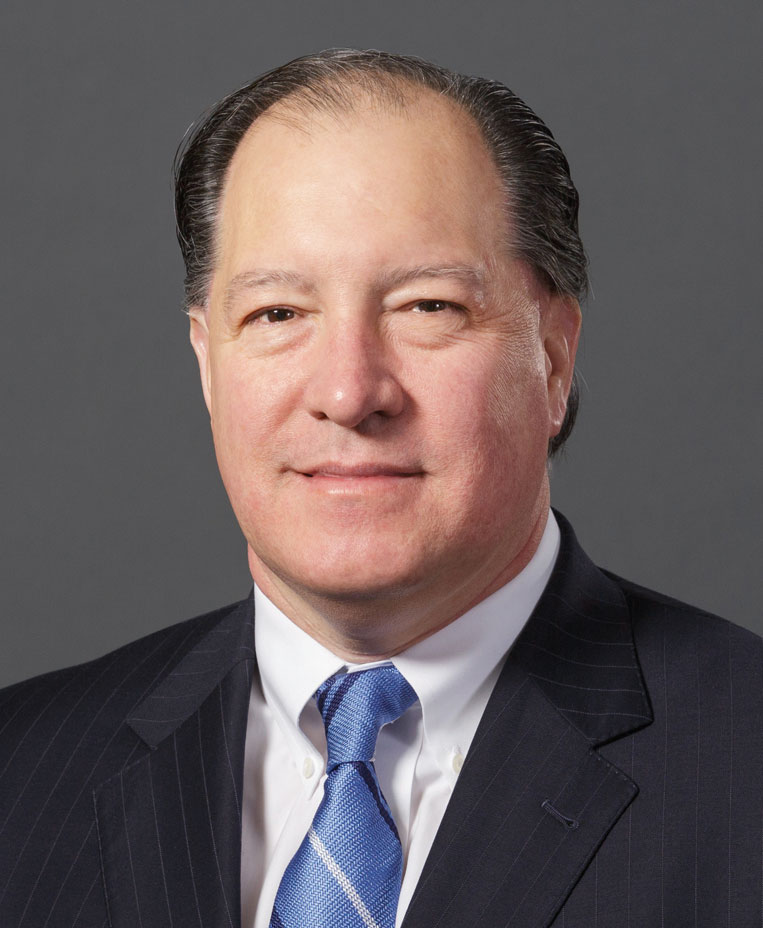
Christopher J. Del Moral-Niles, CFA, joined Associated Bank in 2010 and is currently the Executive Vice President and Chief Financial Officer. He has the overall responsibility for the company’s financial management. He also serves on the executive committee for Associated Banc-Corp. Mr. Niles brings more than 25 years of financial services industry experience to Associated Bank.
Previously, he was the Corporate Treasurer of The First American Corporation and President of First American Trust, FSB. Before that, Mr. Niles served as Senior Vice President and Director of Liability Management for Union Bank, President of UnionBanCal Commercial Funding and as the asset/liability strategist of Union Bank.
Prior to his time with Union Bank, Mr. Niles spent a decade as an investment banker focused on the financial services industry, working primarily on acquisitions, bank capital raising and funding transactions for regional banks and thrifts. Mr. Niles holds an MBA from UCLA’s Anderson School of Management and studied economics at the University of California, Berkeley. He has been a Chartered Financial Analyst — CFA — since 1995. He resides in Green Bay and serves on the Wisconsin Bankers Association board.
In this exclusive 3,638 word interview, Mr. Moral-Niles details the strategy behind creating a profitable, diversified financial services powerhouse in the Mid-West United States.
“We have built a business model around being both a consistent lender into the communities within which we operate and, in many places, being the largest lender. For example, we are the largest mortgage lender in the state of Wisconsin. We beat out folks like Wells Fargo and the online operators. That presence across the marketplace is the distinguishing characteristic of our franchise, along with the fact that we have built a series of specialized industries’ verticals within our bank.”
Insurance is just one of those verticals:
“During the course of the year, we acquired Bank Mutual. And that further cemented, supported and enhanced our franchise across the state of Wisconsin. We also bought Diversified Insurance early in the year and followed that up with Anderson Insurance to grow our franchises in the Milwaukee marketplace.
That Diversified deal complemented our acquisition of Bank Mutual because it bolstered our insurance presence in Milwaukee, where Bank Mutual was based, and Anderson further enhanced our position and franchise both in Minnesota, Minneapolis specifically, but also enhanced our specialization in workers’-comp-related insurance because that was a specialty of theirs.”
Another vertical is lending to the oil and gas industry:
“Two of our directors, in addition to our Chairman, also have oil and gas professional backgrounds, either at Amoco or as oil and gas bankers. So we have got depth at the board and senior management level and were able to hire in teams that had worked previously for our CEO and other organizations. These people in the market understood the products and the customer base and were able to hit the ground running in the marketplace.
We made sure that we are sitting in Houston, which is where you need to be if you are going to be an oil and gas banker.”
Wisconsin is shaping up to be a bellwether state for the repurcussions of the new tax law:
“TWST: Growth in manufacturing in that area of the country certainly would give a lot of people a warm feeling because we don’t often hear enough about this in the U.S. Can you expand and offer some examples of loan types that you find are being needed? What types would make up that 9%?
Mr. Niles: An example is, literally just down the road, one of the first paper mills coming up out of the ground here in more than 30 years. It is about a $0.5 billion project for Green Bay Packaging that involves the building of a new paper mill. It is next to Georgia-Pacific and just down the street from other mills and plants that have been here forever.
The reality is that the Procter and Gamble and Georgia-Pacific plants have been stalwarts of employment here along with Green Bay Packaging for decades, but no one has re-invested in a new plant, in part because it is a pretty high-dollar commitment. Tax reform, credits for producing new jobs that states are encouraging and the reality that finding workers is more challenging are now drivers to investment.
In order to increase production, there is a need to increase the degree of automation and efficiency of the existing work force. This then drives manufacturers to consider significant capital investments and the economics for those capital investments are starting to shape up. They make sense. We are seeing folks who have been on the sidelines, in some cases for years, finally step up and make commitments to build and expand in ways that we have not seen. We are heartened by this and see it as a positive.
Green Bay Packaging is not alone. Our clients look at tax reforms and at the economic environment in such a way as to believe that there is still growth in this economy. If we make the right investments and position ourselves well and build the right efficiencies and automation into our processes, we will be better positioned to sustain and grow our businesses. We will be better positioned to work our way through a downturn. That kind of logic is starting to take hold.”
Get the complete picture by reading the entire 3,638 word interview, only in the Wall Street Transcript.
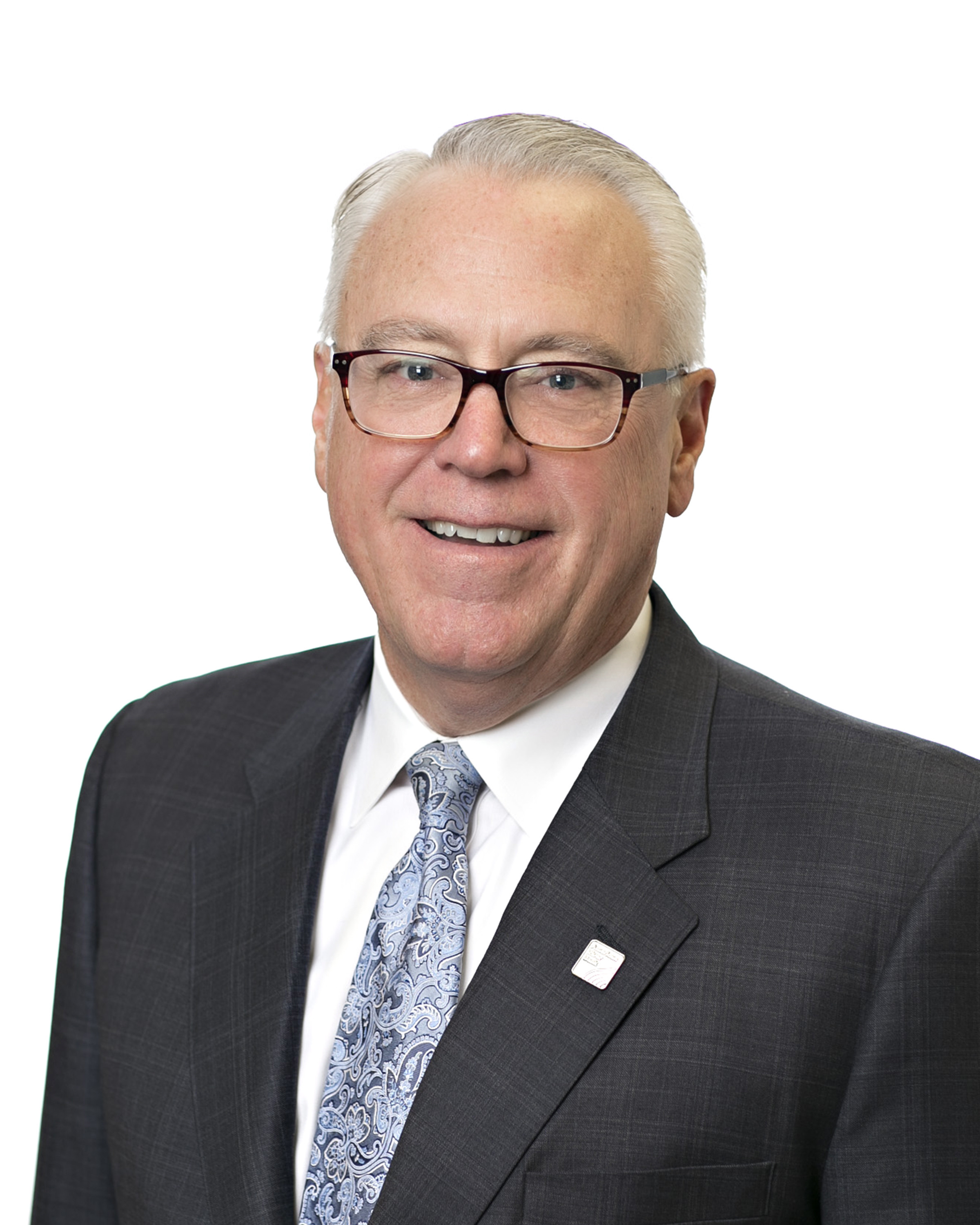
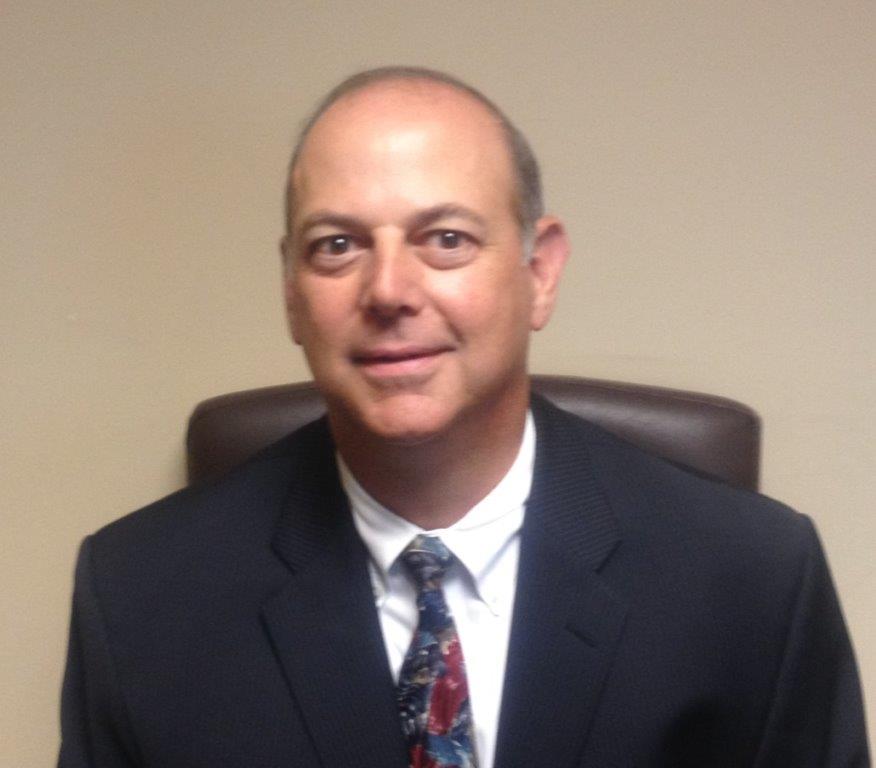
David E. Ritchie Jr., also known as Dave, has been the Chief Executive Officer and President at American River Bankshares and American River Bank since November 1, 2017. He started his banking career in 1986 at Wells Fargo Bank, National Association, including three years in the Sacramento Regional Commercial Banking Office.
Mr. Ritchie worked in the Commercial Banking Group for 24 years, including as Executive Vice President responsible for the management of the Regional Commercial Banking Office in Irvine. He served as Executive Vice President and started the regional commercial banking office in Irvine, California, for OneWest Bank from November 2011 to June 2014.
From June 2014 to October 2017, Mr. Ritchie served as Senior Vice President and Head of Regional Commercial Banking Office at U.S. Bank National Association.
Mitchell A. Derenzo has been the Executive Vice President and Chief Financial Officer of American River Bankshares since 1995. Since 1992, he has been the bank’s Chief Financial Officer. Prior to that, he was a senior accountant at Ernst & Whinney from 1986 to 1988.
From 1988 to 1992, he was Controller and CFO of a locally based savings and loan. He is a board member of the American River Bank Foundation and the Sacramento Life Center.
In this 2,570 word interview with these two banking executives, exclusive to the Wall Street Transcript, they describe a strategy for local banking that offers high returns to investors:
“We hired a whole new lending team of seven people and brought them in pretty much throughout the first half of the year. They were from various banks in our territory. They have been producing results.
In the last three quarters of 2018, we were able to do $104 million in new loan commitments, which was really strong, in my opinion, from where we were. In the previous year, we did about $30 million. So we hired people and are now executing on our plan…”
Get the entire detail on how this fast growing bank is delivering returns to its equity investors by reading the entire 2,570 word interview in the Wall Street Transcript.

Scott M. Cattanach began in August 2017 as the new President and Chief Executive Officer of PSB Holdings, Inc. and Peoples State Bank. He joined Peoples State Bank as Chief Financial Officer in 2002 after 11 years of serving banks as a CPA with Wipfli LLP. He has more than 27 years of experience working with community banks in central Wisconsin.
Mr. Cattanach is responsible for setting strategic direction and for ensuring the growth and profitability of Peoples for the benefit of customers, shareholders and other stakeholders. He is past president of MC United Soccer Club, representing over 350 youth soccer players and teams affiliated with the Wisconsin Youth Soccer Association.
In this exclusive 3,379 word interview with the Wall Street Transcript, Mr. Cattanach describes his strategy for PSB Holdings and his tactics for making investors happy.
“Peoples State Bank was founded in 1962 by a group of Wausau, Wisconsin, small-business owners who weren’t getting their financial needs met by larger banks. We have always had a focus on serving local business owners and the unique financing needs of their entrepreneurial spirit.
We are a $900 million-in-assets community bank with nine locations in north-central Wisconsin as well as a Milwaukee loan production office opened in 2016 and a Stevens Point loan production office opened in 2018. Our common stock is traded on the OTC Markets under the ticker PSBQ.”
The specific geography of People’s powers the better than average returns of this bank:
“Our traditional north-central Wisconsin market area has a higher concentration of manufacturing employment as a percentage of total employment than even the state of Wisconsin, which has a higher manufacturing employment percentage when compared to the nation. We do a lot of commercial lending with local job-shop type of manufacturers that sometimes even have operations interconnected with other independent local manufacturing operations.
We are looking to develop capabilities in stronger treasury management services in connection with commercial credit so that we can help to support that industry in our home market.”
Get the complete picture from the People’s Bank CEO in this exclusive 3,379 word interview in the Wall Street Transcript.
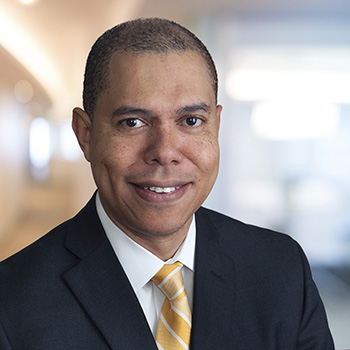
Kevin Reevey is a Managing Director, Senior Research Analyst for D.A. Davidson & Co. covering banks headquartered in the Midwest. He joined D.A. Davidson in 2016 with almost 24 years of experience covering banks as an analyst on the buy side and sell side, and in investment banking. Prior to joining D.A. Davidson, he was a Managing Director with FSI Group, LLC, a Cincinnati-based asset management firm, and a First VP with Ryan Beck & Co.
Mr. Reevey began his career as an investment banker covering depository institutions working for Merrill Lynch, Advest and Sterling Financial Investment Group. He sits on the alumni board of the Harvard Business School. Previously, he has served on the boards of the Cincinnati Ballet, Cincinnati State Technical and Community College Foundation, ArtsWave and the Clifton Cultural Arts Center. Mr. Reevey holds an MBA from the Harvard Business School and a B.S. degree from New York University’s Stern School of Business.
In this 3,247 word interview exclusive to the Wall Street Transcript, Mr. Reevey identifies the “Best of the Best” bank stocks for investors and delivers a detailed analysis for their future prospects.
“The one bugaboo on the ag front is dairy, driven by the decline in class III milk prices, which has led to challenging financial times for dairy farmers and banks that lend to this segment. The U.S.-China trade war since June has shifted Chinese demand to other world ag suppliers as China has placed a 25% tariff on U.S. ag commodities, including dairy.
2019 is expected to be another challenging year for dairy farmers due to low class III milk prices, unresolved trade issues and softening collateral values — cattle and machinery.
The bright spot is that the Farm Service Agency — FSA — guarantee limits were recently increased to $1.75 million from $1.429 million with the passage of the Agricultural Improvement Act, which was signed into law on December 20, 2018. These higher limits should help mitigate credit losses for banks that lend to dairy farmers.”
To get the full analysis, read the entire 3,247 word interview, exclusive to the Wall Street Transcript.
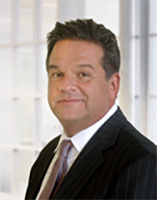
Peter J. Winter is a Managing Director at Wedbush Securities, and prior to that, he was a senior analyst in BMO Capital Markets Corp.’s equity research group, covering regional and Texas banks. Prior to joining BMO Capital Markets, Mr. Winter was a senior analyst at Advest, Inc., an affiliate of AXA Financial, and CIBC World Markets.
His prior experience includes equity research positions at NatWest Markets and Paine Webber Inc. He began his career at Citibank in the private bank division. He was ranked first in earning estimate accuracy in 2018 and 2017 and third in 2016 and 2015 in StarMine. In addition, in 2008, he was ranked fifth out of 72 analysts by The Wall Street Journal for stock picking and in 2001 “Best on the Street Analysts Survey” for earnings accuracy among banks and S&Ls.
In this exclusive 2,406 word interview in the Wall Street Transcript, Mr. Winter identifies the trends that support his top bank portfolio picks:
“Bank balance sheets are stronger than they’ve ever been. Capital levels are at record levels. They have more liquidity. From a credit perspective, banks that barely made it through the financial crisis have new management teams, which addressed risk management controls. All the banks have de-risked since the financial crisis, exiting businesses that caused a lot of credit problems.
To your point on CCAR and DFAST, it has created a more stringent and disciplined underwriting approach that wasn’t there pre-crisis, and that makes me more confident banks are better positioned for an economic downturn.”
This view has generated some names for investors to pursue:
Assuming the economy slows but does not go into a recession, the names we like are Fifth Third (NASDAQ:FITB), Citizens Financial (NYSE:CFG) and KeyCorp (NYSE:KEY). ”
In order to get the full detail on the rationale behind picking these banks, along with additional picks and pans in the banking sector chosen by the award winning Peter Winter, read the entire 2,406 word interview, exclusive to the Wall Street Transcript.

Brady Gailey, CFA, joined Keefe, Bruyette & Woods, Inc. in 2007, working in the firm’s Atlanta office, and is currently a Managing Director responsible for equity research coverage of roughly 35 regional banks in the Southeastern and Southwestern United States, with a focus specifically on Georgia, Florida, North Carolina, Texas, Oklahoma and Arkansas.
Prior to joining Keefe, Bruyette & Woods, Inc., he spent four years at Silverton Bank/Silverton Capital Corp., where he was an investment banker advising Southeastern community banks on M&A and trust preferred offerings. He received a degree in corporate finance from the University of Mississippi School of Business Administration.
He also earned his designation as a Chartered Financial Analyst from the CFA Institute in 2007. He has been a guest on CNBC’s “Closing Bell” and has been quoted in newspapers worldwide and in such publications as The Wall Street Journal, Financial Times, Barron’s, American Banker, Atlanta Journal Constitution, Forbes and other various business journals.
In this 2,329 word interview, Mr. Gailey details his top picks and reasoning for them:
“One of our top picks is Synovus Bank (NYSE:SNV) out of Georgia. It announced and closed an acquisition of FCB down in Florida recently, and that has been a stock that is trading inexpensively on both tangible book and earnings. The legacy of Synovus is a great franchise with a good core deposit base, and it has done a great job of increasing profitability through operating leverage. We really like Synovus here.
We like Independent Bank (NASDAQ:IBTX) in Texas. That is another very conservative management team with high insider ownership, and it is trading very inexpensively on earnings. So we like that one.
CenterState (NASDAQ:CSFL) in Florida is another top idea with a great funding base and good organic growth around 10%. They are one of the best acquirers in the Southeast, having done multiple deals that were priced and executed on well. Those three are probably our top picks.”
Get this rest of the exclusive 2,329 word interview with the Keefe, Bruyette & Woods analyst in the Wall Street Transcript.

J. Jeffrey Auxier is President of Auxier Asset Management LLC and Founder of the Auxier Focus Fund. Prior to forming Auxier Asset Management in 1998, Mr. Auxier spent 16 years at Smith Barney — formerly Foster Marshall American Express, then Shearson — where he was on the Portfolio Management Advisory Board and the Chairman’s Council and was Senior Vice President of Investments and Senior Portfolio Management Director.
Mr. Auxier graduated with honors from the University of Oregon with a degree in finance and an emphasis on accounting. Mr. Auxier and his family choose to live far from the influence of Wall Street, on a hazelnut farm just outside of Portland, Oregon.
In this 3,938 word interview exclusive to the Wall Street Transcript, Mr. Auxier details his investment stance and current top picks for his investors.
“Our biggest position has been UnitedHealth (NYSE:UNH) since 2010. Our original basis is around $40, and that’s up, like $275. But we really like CVS (NYSE:CVS). We actually had Aetna, and then it was bought by CVS, and then with Express Scripts, that was bought out by Cigna (NYSE:CI). So we know that space fairly well.
And right now, if you look at CVS, it’s basically trading about nine times earnings for arguably one of the leading health care service providers. ”
He has reservations about some hot sectors:
“…My fear is that the cloud has been over-invested in right now. I think too much money has already gone into that. The capital spending in that space has been running now $40 billion, $50 billion, $60 billion over the last couple of years. So I think it could end up like fiber optic. It’s a great thing, but we tend to overdo it, especially when the money has been as cheap as it’s been.”
Get all the details on J. Jeffrey Auxier’s top portfolio picks and his insight into the 2019 market in the complete 3,938 word interview, only in the Wall Street Transcript.
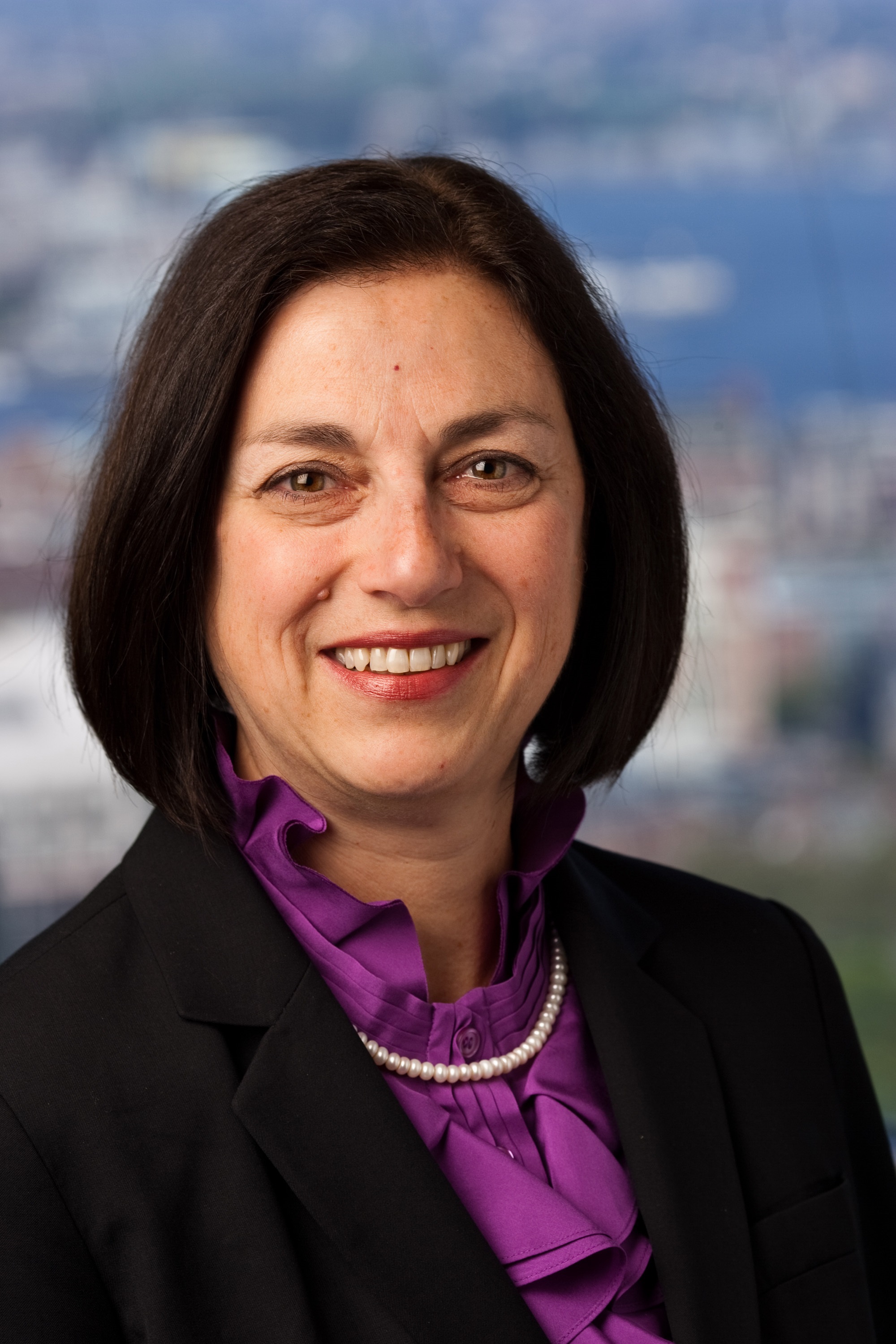
Nancy Prial, CFA, is Co-Chief Executive Officer and Senior Portfolio Manager at Essex Investment Management Company. She is the portfolio manager for the micro, small and smid growth strategies, leading an all-women investment team. Earlier, she worked at Burridge Growth Partners as the Chief Investment Officer and Senior Vice President responsible for the smid and small-cap growth strategies. The Essex Small Cap Growth Strategy was launched and developed by Ms. Prial in 2001 while at Burridge.
In this exclusive 4,113 word interview, Ms. Prial makes the case for the micro-caps at this point in the economic cycle:
“We think both small and microcap is an interesting part of the market to be in, but we really think that the opportunity today in microcap is quite, quite compelling. Part of that is the fact that the microcap stocks have underperformed their small-cap brethren really since 2013. And so we’ve had now five years of fairly significant underperformance by microcap, within a market where small cap frankly has done pretty well. And so we think that that’s something that’s likely to reverse.”
Ms. Prial identifies some examples of her portfolio:
“..These are companies that can be reasonably in control of their own destiny, where a new product or a new area can really change the trajectory of the growth company, but many times, that improvement in their business is not yet fully recognized in the price of a stock. I’m going to talk about a really microcap name here; it’s called Identiv Inc. (NASDAQ:INVE), about an $80 million-market-cap, California-based company, so it’s a U.S.-based company.”
Another portfolio favorite is detailed by Ms. Prial:
“I will mention one more microcap name that we think is particularly interesting right now. This one is a $95 million market cap, so again, very microcap. It’s a company called Tecogen (NASDAQ:TGEN), based in Massachusetts, so again a U.S.-based company. They’ve actually been around for a very long time.
They basically sell co-generation and chiller products.”
Read the entire 4,113 word interview to get the full investment rationale from Nancy Prial, Co-Chief Executive Officer and Senior Portfolio Manager at Essex Investment Management Company.
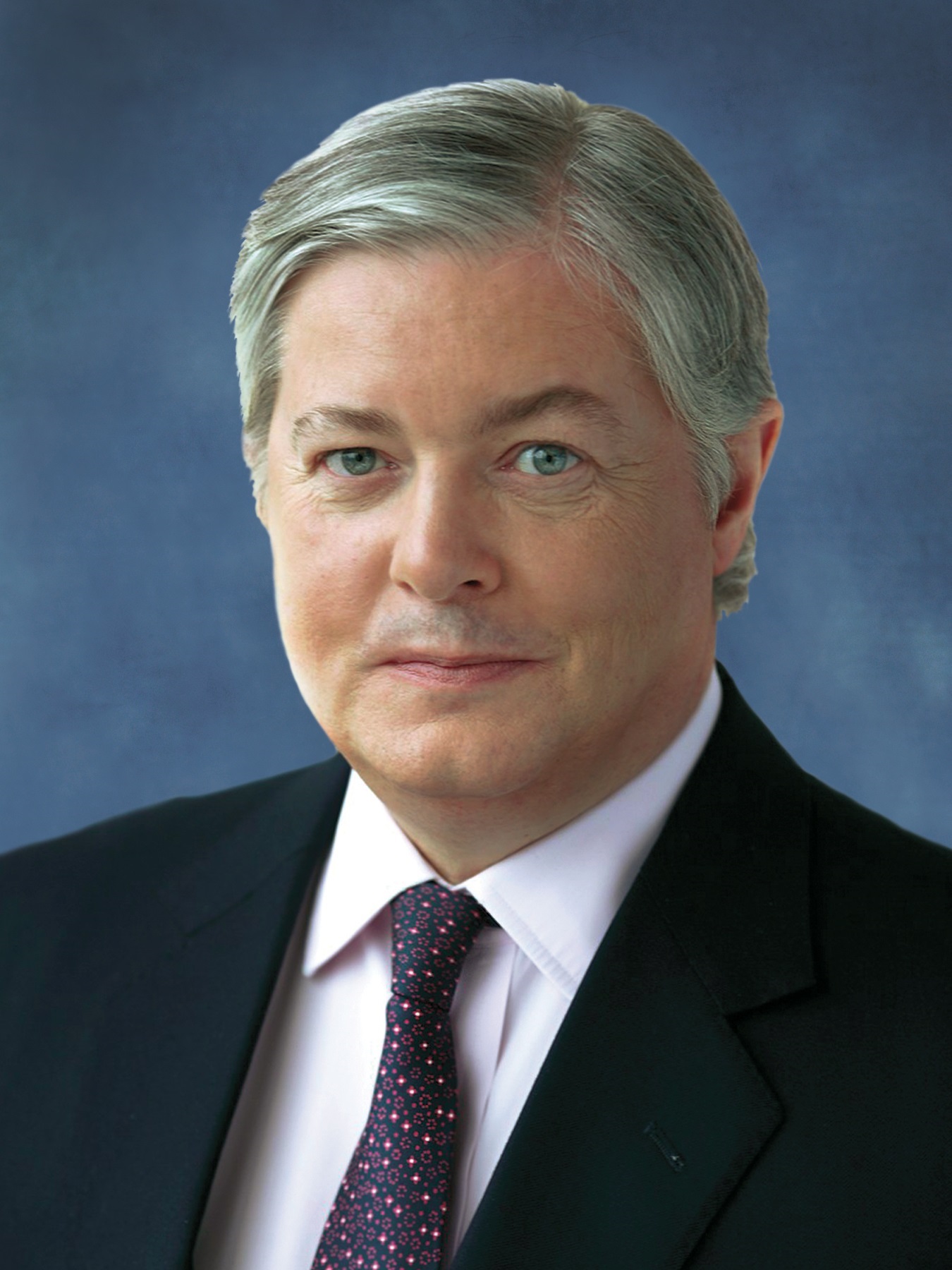
James Morton is Chief Investment Officer and a Portfolio Manager at Santa Lucia Asset Management Ltd. He has extensive expertise in recovering and small-cap companies, as well as emerging markets. Mr. Morton’s career in the investment industry began in 1985, and he was a subadviser to Mackenzie Cundill between 1996 and 2018.
He is an accomplished author, editor and investment columnist. Mr. Morton holds a degree in law from Trinity Hall, Cambridge University, and an M.A. in third-world economics as well as an MBA from Stanford University.
In this extensive and exclusive 6,835 word interview, James Morton discusses the Asian economic forecast and the stocks that will benefit.
“I think it’s interesting to comment on the dynamics in the political environment in the Asian part of the world compared to the U.S., North America and Europe. This will be quite a lively year — 2019 — since about 80% of the people in Asia who actually get to vote will be voting in the first half of the year. The most important of course being India, but Indonesia too. Also, Thailand looks like they’re finally going to have an election. And this has the potential to make a difference.”
This leads to some interesting picks.
“I’d like to start with West China Cement (HKG:2233). We like this industry because it’s been a story over the last couple of years of consolidation of market share within a circumscribed geographic area where cement plants compete. Consolidation has been driven by government policy to get companies to reduce pollution. That has been a big focus for the cement industry, and partly because of that, the government has not been pushing the industry so hard on pricing because they want them to invest in clean technology and upgrade their operations, and of course, that investment process caused smaller, less efficient, highly polluting plants to fall by the wayside. That led to significant market share concentration, with the result that margins in the industry have risen and the gross profit per ton is now in some places at the highest levels we’ve seen in recent history.”
To get the complete picture on this portfolio pick and many others from James Morton, read the entire 6,835 word interview in the Wall Street Transcript.